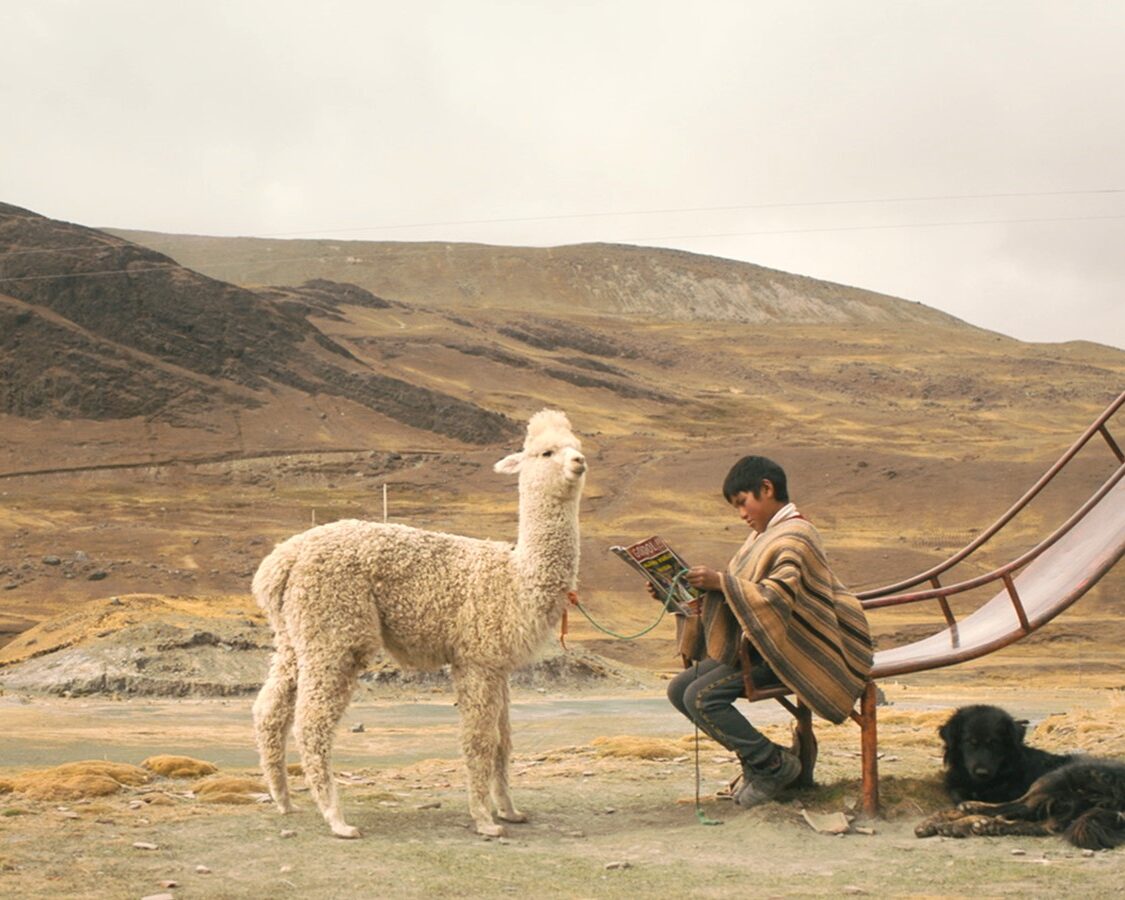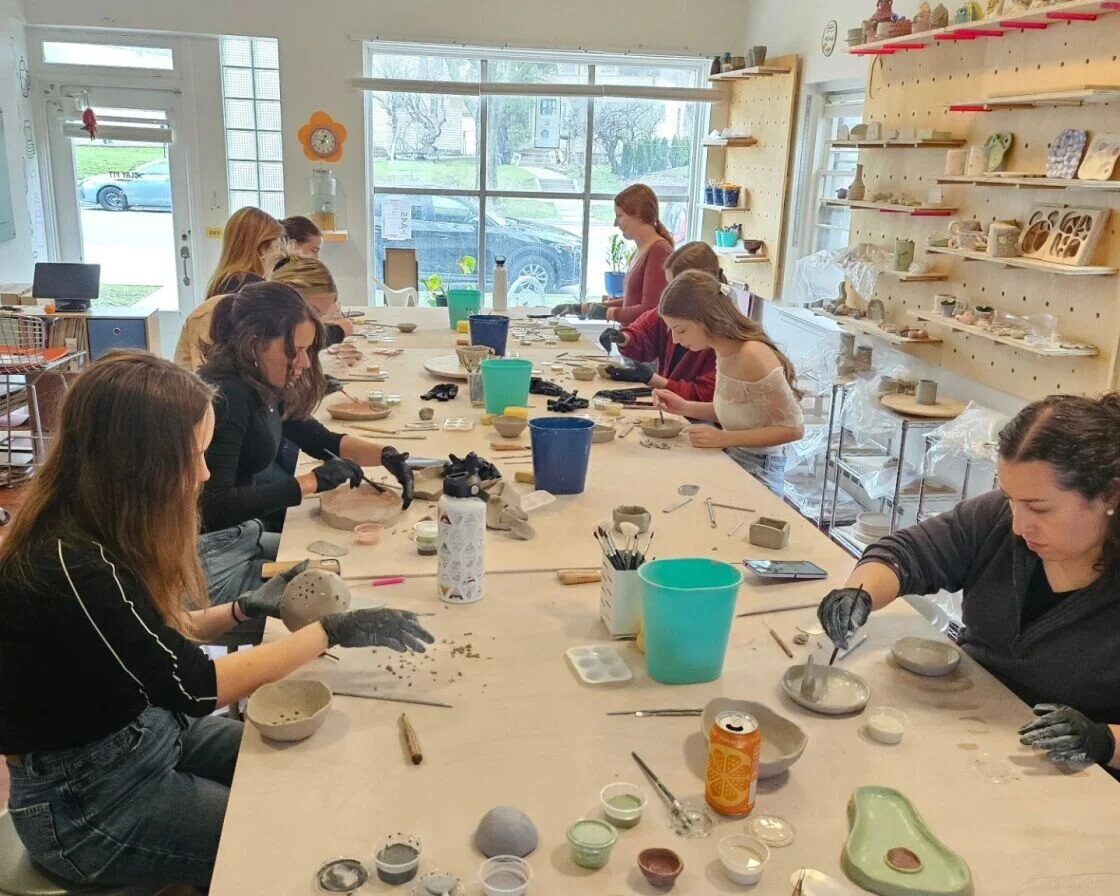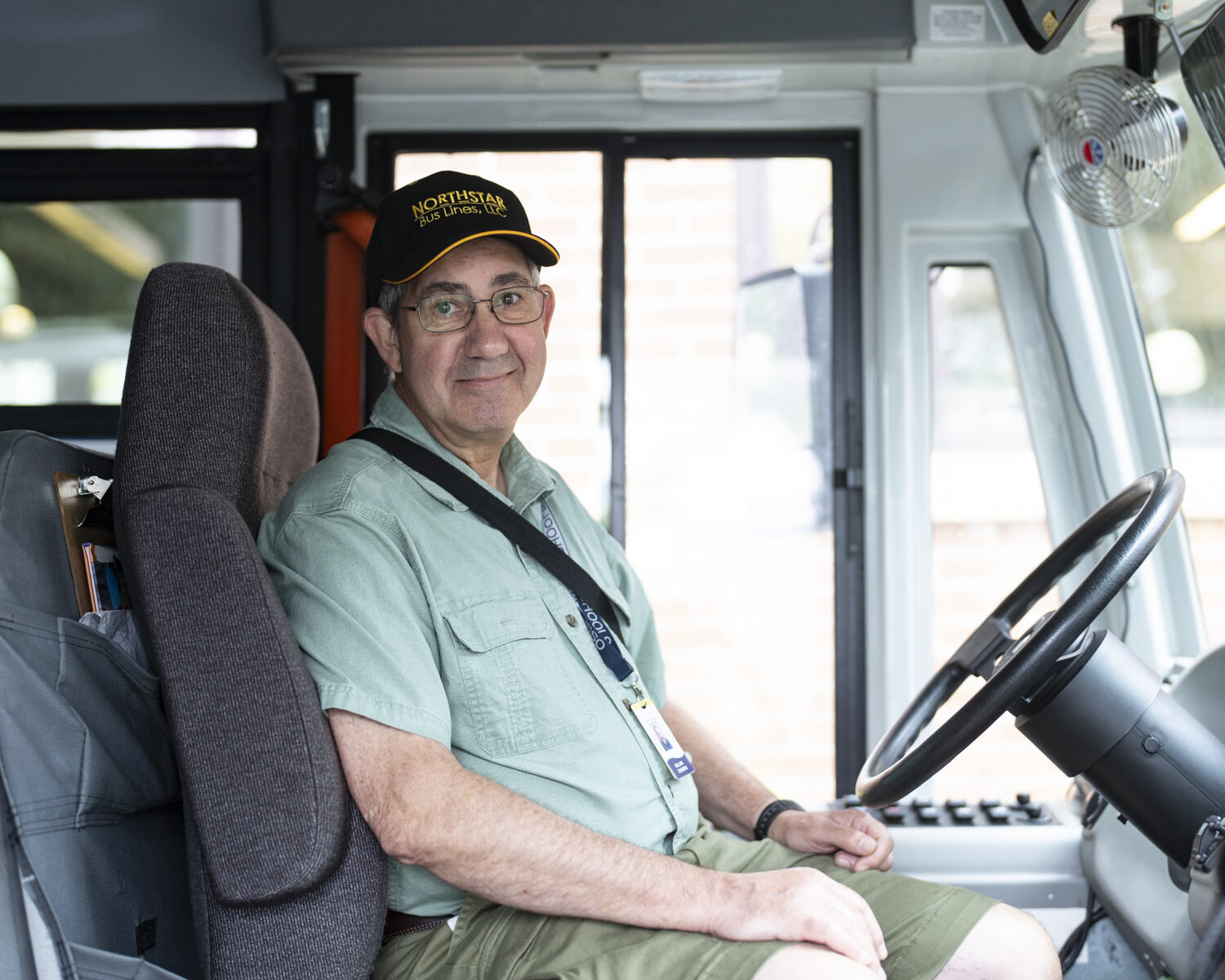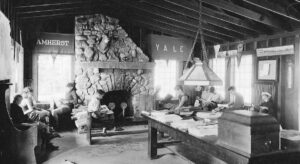
Historic photo of Camp Dudley, the oldest continually running boys camp in the U.S.
BY DEBRA KEEFER RAMAGE
Too many pioneers!
The history of summer camps goes back further than you would think. Maybe that’s why I came across many camps for “pioneers” while researching the topic. Created by Canadian Anglicans, the Soviet Union and Eastern Bloc, Jewish Community Centers, Mormons, Lutherans, Southern Baptists, private companies, and the CPUSA (Communist Party USA), these camps combined outdoor and physical activities with study and reflection. And there are still some of those camps around, although the Soviet and Communist ones are history. The Lutherans no longer use the term “pioneers,” though they still operate summer camps with a Bible study component. Essentially, almost all camping programs, and indeed all youth programs, were started for quasi-religious aims. These days, the survivors of those pioneering summer camps tend to be more secular and inclusive. The historic beginnings of youth organizations covered here have their roots in Christianity, Judaism and the military.
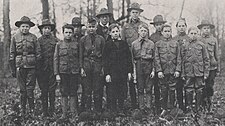
1918 photo of Troop 10, Boy Scouts of America, Columbus, Ohio
The YMCA (formerly Young Men’s Christian Association) and YWCA
The YMCA is the oldest of the bunch. Boy Scouts and Girl Scouts began in the early 20th century, but the first Y was founded decades before, in London in 1844 by a draper named George Williams and eleven of his fellow workingmen. The impetus for the YMCA was the perceived need to protect rural young people who flocked to the cities because of the Industrial Revolution, which was reaching its peak in Britain. It was believed that city living would lead to alcoholism, prostitution, gambling and ruin unless there was a powerful intervention, and that group activities, bolstered by philanthropy, were the best deterrent. Thus the nonprofit industrial complex was born, starting with none other than the YMCA.
The early YMCA in Britain didn’t really run camps as its methodology. They were into gymnasiums and outdoor activities like rambling, hill-walking, boating and swimming. But they didn’t tend to acquire big chunks of land and set up summer camps.
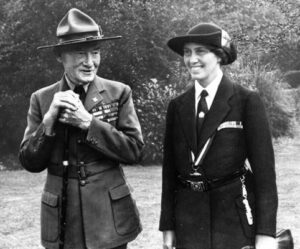
Lord and Lady Baden-Powell
The YMCA movement grew quickly. London’s Great Exhibition of 1851 sparked the growth of the Y outside of Britain. The first World YMCA Conference was held in Paris in 1855, to which most of Europe and North America sent delegates from active local chapters. The first YMCA in the U.S. was founded in Boston in 1851 by a missionary and seaman named Thomas Sullivan. In 1852, a second Y opened in Baltimore, and in 1853, the Rev. Anthony Bowen founded the first YMCA for Colored Men in Washington, D.C.
It was in the U.S. that camping became part of the YMCA’s mission. In 1885, the YMCA founded Camp Baldhead (later known as Camp Dudley) on Orange Lake in New Jersey. It was the first residential camp in North America. As of 2020, the YMCA of the USA operated 234 overnight camps and over 1,000 day camps.
The YWCA got started soon after. From the beginning, it was independent of the YMCA and had a different focus. YWCA’s history dates back to 1855, when the philanthropist Lady Mary Jane Kinnaird founded the North London Home for nurses traveling to the Crimean War. Australia was the first colonial nation to found a YWCA, in 1880, while in Britain the program expanded to other cities, until eventually a world organization was formed.
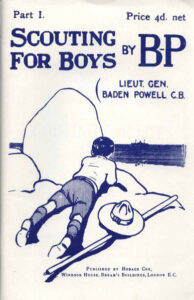 Meanwhile, in the U.S., the first YWCA was founded in 1858, independently, but inspired by the British movement. Today YWCA USA maintains 194 local centers and serves about half a million people, mostly women and girls, every year. The YWs have always been more political and less sport-oriented than the YMs. Today the YWCA USA’s two highest priorities are eliminating racism and empowering women and girls. Minneapolis’s YWCA was founded in 1891. Although its service model has shifted recently, it continues to offer summer camp programs, which can be viewed at www.ywcampls.org/summer-camp.
Meanwhile, in the U.S., the first YWCA was founded in 1858, independently, but inspired by the British movement. Today YWCA USA maintains 194 local centers and serves about half a million people, mostly women and girls, every year. The YWs have always been more political and less sport-oriented than the YMs. Today the YWCA USA’s two highest priorities are eliminating racism and empowering women and girls. Minneapolis’s YWCA was founded in 1891. Although its service model has shifted recently, it continues to offer summer camp programs, which can be viewed at www.ywcampls.org/summer-camp.
Jewish Community Centers
About the same time as YM and YW Christian organizations came into being, Jewish communities, also impacted by industrialization and urbanization, as well as migration, formed similar organizations advancing community support, spiritual values, traditions and healthy activities. One of the more successful used the same naming formula – the Young Men’s Hebrew Association or YMHA, founded in New York City in 1874. An earlier but smaller group called the Hebrew Young Men’s Literary Association was founded in Baltimore in 1854. A YWHA followed the YMHA in New York in 1888.
In 1951, these and other related organizations merged and changed the overall name of the new group to Jewish Community Centers. Not all the member organizations used the new nomenclature; in Manhattan, the 92nd Street Y retains its name to this day.
In the Twin Cities, the JCC Association is represented by the Sabes Center JCC. Its history dates back to 1924 and the Emanuel Cohen Community Center in North Minneapolis. It was incorporated into the JCC in 1959, and since then there have been two location moves and two purpose-built buildings, with the current Sabes Center being inaugurated in 2003. They run summer day camps for a variety of age levels, and also operate an out-of-town sleep-away summer camp.
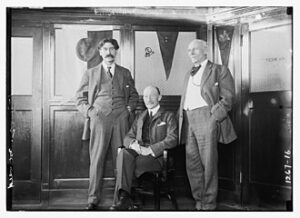
Seaton, Baden-Powell and Beard, early founders of the Boy Scouts
Boy Scouts of America (BSA) and Girl Scouts of USA (GSUSA)
The history of scouting is interwoven with the history of the two Ys. The Boy Scouts were founded in England by a military man named Lord Robert Baden-Powell in 1907. During his military career, Baden-Powell, who specialized in reconnaissance and scouting, wrote several books on the subject, including the military training manual, “Aids to Scouting for NCOs and Men” in 1899. By 1903, Baden-Powell’s manual had become a bestseller and was being used by youth organizations. He decided to write a new version to suit a youth readership, called “Scouting for Boys.” In August 1907, he held a camp for about 20 boys on Brownsea Island to test out his ideas, after which he retired from the army. For the next three decades, Baden-Powell, along with his wife, Olave, and sister, Agnes, worked to build the scouting movement. Girl Scouts, later renamed Girl Guides, spontaneously self-organized in the Boy Scouts until they were given their own organization.
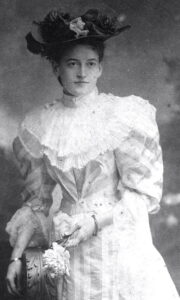
Juliette Gordon Low in her pre-scouting days
In America, the history of the Boy Scouts is complex, and its exact date and founders are still disputed to this day. See this history at tinyurl.com/DKRatSSP-2403-BSAHist for more. The BSA has three or four competing founders, and even nailing down its initial date is difficult. Its history is also intertwined with that of Camp Fire and the Ys.
Baden-Powell met Juliette Gordon Low during the early years of the scouting movement. She had been working with Girl Guides in the U.K., and he encouraged her to start a Girl Scout group in the U.S., which she immediately did. The GSUSA was founded in Savannah, Georgia, in 1912 under the original name Girl Guides of America.
Today in the U.S., the GSUSA is made up of thousands of troops serving just over a million members, with the Girl Scouts of Minnesota and Western Wisconsin operating five overnight camps.
Editor’s note: Last month’s “Find Your Perfect Summer Camp” article (Southside Pride, February 2024), didn’t include the full website address of Camp Chippewa in Cass Lake, Minnesota. Their website is www.campchippewa.com.
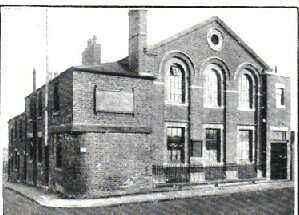
One of the first Boy Scout headquarters in England at Basford, Nottingham
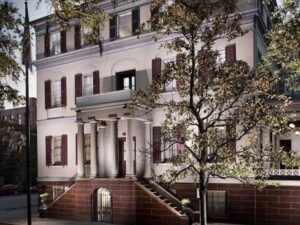
Birthplace of Juliette Gordon Low in Savannah, Georgia





